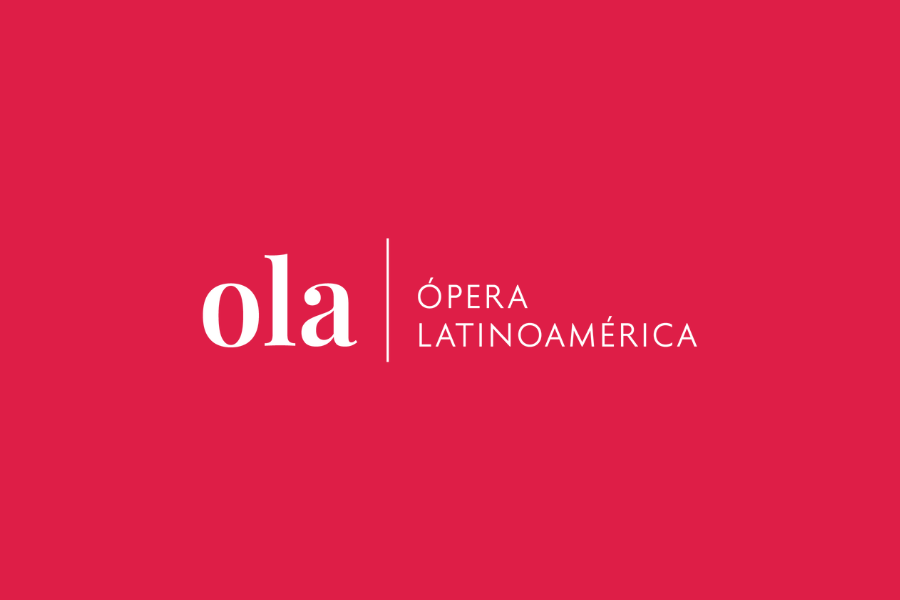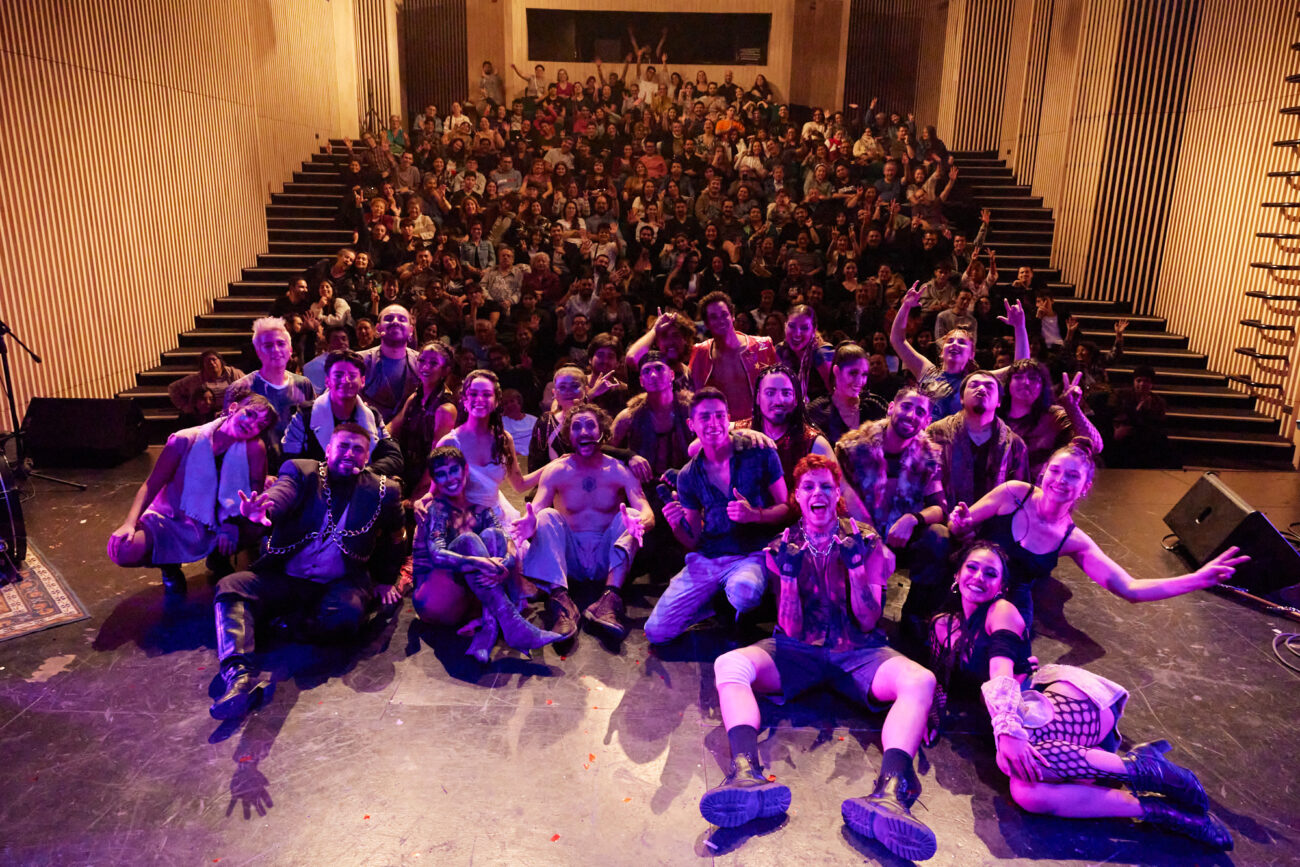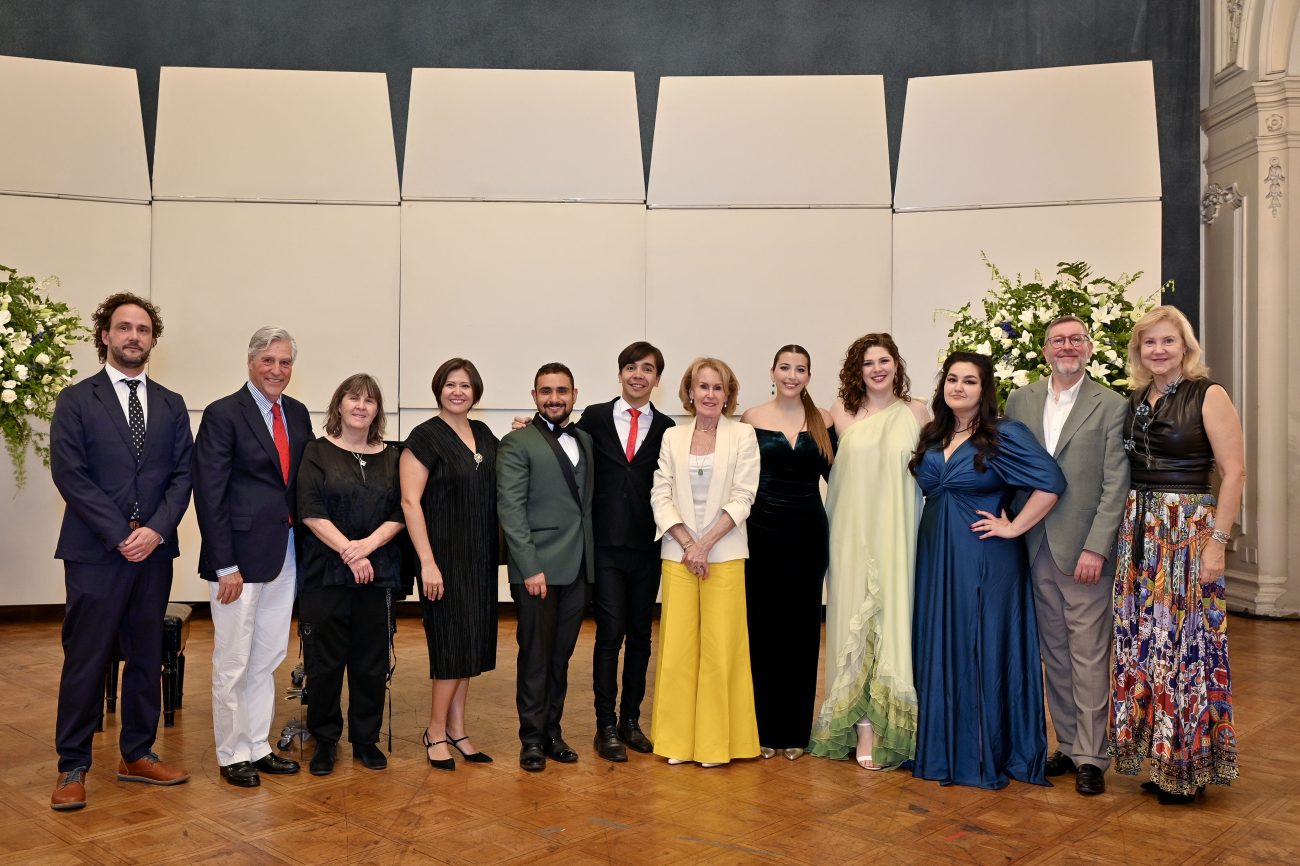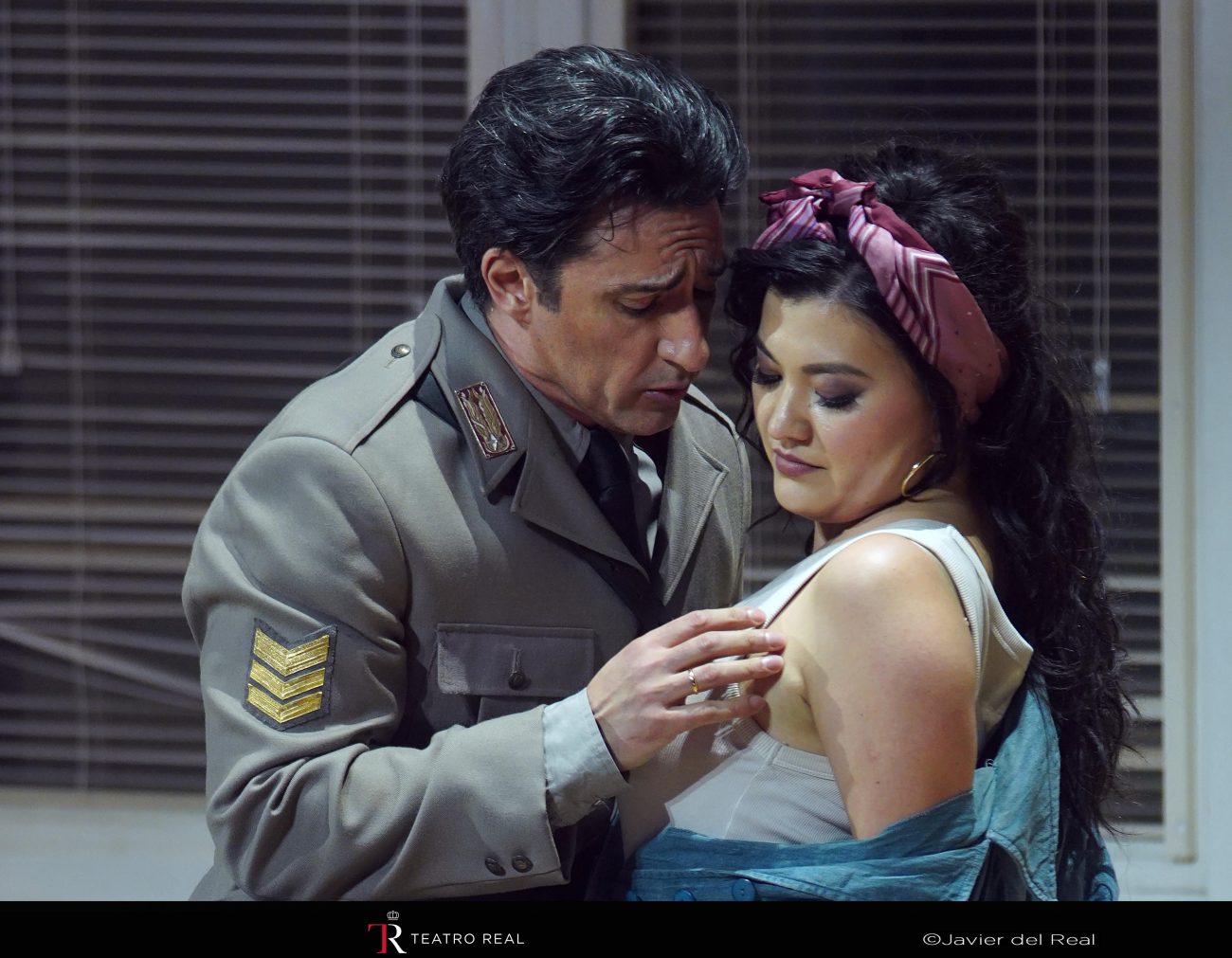Sinfonía por el Perú se incorpora a la red de Ópera Latinoamérica

Creada en 2011 por el destacado tenor Juan Diego Flórez, Sinfonía por el Perú es una organización dedicada a «generar procesos de transformación social mediante la enseñanza colectiva de la música». Inspirada en los principios del Sistema Nacional de Orquestas y Coros Juveniles e Infantiles de Venezuela, su modelo de intervención abarca programas de formación musical y coral, así como proyectos enfocados en la prevención de violencia y la promoción de identidades culturales. En esta entrevista, Gabriela Perona, directora ejecutiva de Sinfonía por el Perú, comparte la historia de la organización, describe las iniciativas que lleva adelante y profundiza en su colaboración con otras instituciones culturales y sociales del país.
Corría el año 2009 y el tenor peruano Juan Diego Flórez se había convertido en uno de los cantantes latinoamericanos más reconocidos y solicitados del mundo de la ópera. A sus 36 años, ya contaba con presentaciones en escenarios como el Metropolitan Opera de Nueva York, la Ópera Estatal de Viena, el Royal Ballet and Opera de Londres y el Teatro Real de Madrid, por nombrar solo algunos. El tenor, nacido en Lima, estaba en un momento cumbre de su carrera.
Fue durante ese periodo que recibió una invitación para cantar un concierto en Caracas con la Orquesta Sinfónica Simón Bolívar, bajo la dirección de Gustavo Dudamel. Era la primera vez que Flórez se presentaba en Venezuela y aprovechó para conocer el funcionamiento del Sistema de Orquestas Juveniles e Infantiles, también conocido como El Sistema. Recorrió varios de los núcleos del programa de formación musical venezolano en ciudades como Caracas y Barquisimeto, acompañado por el propio Dudamel y el fundador del proyecto, José Antonio Abreu.
Este episodio fue el impulso definitivo para que Flórez fundara Sinfonía por el Perú en 2011, una organización dedicada a generar procesos de transformación social mediante la enseñanza colectiva de la música. En sus inicios, la institución comenzó con la idea de promover la educación musical colectiva como un camino para el desarrollo integral. Actualmente, cuenta con programas formativos dedicados a la iniciación musical, la interpretación de instrumentos, la lutería y la práctica coral, entre otros.
De manera similar al modelo de El Sistema venezolano, Sinfonía por el Perú trabaja centrada en los llamados «núcleos» o centros de formación educativa, artística y social, donde se llevan a cabo todos los programas instrumentales y corales. Hoy, la institución cuenta con 30 sedes en diez regiones de Perú. Según su última memoria anual, publicada en 2023, la organización logró beneficiar a más de 6.400 niñas, niños y adolescentes.
Además de la formación musical, Sinfonía por el Perú ha diseñado una programación artística para llevar a distintos escenarios -tanto en Perú como en el extranjero- a sus cuatro elencos centrales: la Orquesta y el Coro Juvenil, y la Orquesta y el Coro Infantil. En julio de 2024, por ejemplo, el Coro Juvenil Sinfonía por el Perú realizó una serie de presentaciones en Viena. Más recientemente, entre septiembre y octubre del mismo año, la Orquesta Juvenil Sinfonía por el Perú se presentó en concierto junto a Juan Diego Flórez en las ciudades de Madrid, Barcelona, Viena, Ginebra y París.
«A lo largo de estos años, Sinfonía por el Perú ha constatado que su impacto va más allá del ámbito musical, tocando dimensiones personales, educativas, familiares y comunitarias. Mediante espacios seguros y protectores, fomenta el desarrollo de habilidades socioemocionales, cognitivas y cívicas, promoviendo valores como el respeto, la disciplina, el trabajo en equipo y la paz social», comenta Gabriela Perona, directora ejecutiva de Sinfonía por el Perú.
Hoy, la organización ha expandido su modelo de intervención, y el impacto de sus programas abarca ahora no solo a sus beneficiarios directos —niñas, niños y jóvenes desde los 5 años— sino también a sus familias y comunidades. Actualmente cuentan con proyectos como Sinfonía por la Paz, que trabaja en la prevención de violencia en distritos vulnerables, y Sonidos de la Frontera, en colaboración con la Fundación Nacional Batuta de Colombia, orientado a promover la identidad amazónica entre niños y adolescentes en la zona fronteriza entre Perú y Colombia.
Con el objetivo de fortalecer su red de apoyo, Sinfonía por el Perú se ha unido a Ópera Latinoamérica (OLA) en una adhesión que «refuerza nuestro propósito y fortalece nuestra capacidad para impactar en la vida de miles de niños y jóvenes. Es una oportunidad de construir puentes que nos permitan llegar más lejos, uniendo nuestras voces para construir un futuro mejor», indica Gabriela Perona.
Esta colaboración con OLA representa una nueva etapa en la expansión de Sinfonía por el Perú, que sigue trabajando para ofrecer a los niños y jóvenes de Perú una herramienta poderosa para el cambio social, demostrando que la música puede ser un motor de transformación en las comunidades.
A continuación, lee la entrevista completa a Gabriela Perona, directora ejecutiva de Sinfonía por el Perú.
¿Cómo y por qué se creó Sinfonía por el Perú? ¿Cómo ha evolucionado su misión desde su inicio? ¿Qué oportunidades o desafíos han encontrado en el camino?
Sinfonía por el Perú fue fundada hace 13 años como resultado de la visión de Juan Diego Flórez, presidente y fundador de la organización, quien buscaba contribuir al desarrollo integral de niños y jóvenes en el Perú. Esta iniciativa surgió tras una visita a Venezuela, donde Flórez se inspiró en el Sistema Nacional de Orquestas y Coros Juveniles e Infantiles, un renombrado programa de impacto social liderado por José Antonio Abreu. Así, Sinfonía por el Perú comenzó su labor promoviendo la educación musical gratuita y colectiva como pilar de transformación social.
A lo largo de estos años, Sinfonía por el Perú ha constatado que su impacto va más allá del ámbito musical, tocando dimensiones personales, educativas, familiares y comunitarias. Mediante espacios seguros y protectores, fomenta el desarrollo de habilidades socioemocionales, cognitivas y cívicas, promoviendo valores como el respeto, la disciplina, el trabajo en equipo y la paz social.
¿Qué impacto ha tenido la fundación en las comunidades con las que ha trabajado, y cómo se mide el éxito de sus programas de educación musical?
Nuestro modelo de intervención ha evolucionado y ahora abarca no solo a los beneficiarios directos, sino también a sus familias y comunidades. Un ejemplo destacado es el proyecto Sinfonía por la Paz: comunidades empoderadas contra la violencia, que trabaja en la prevención de violencia en distritos vulnerables de La Victoria, el Rímac y San Juan de Lurigancho, promoviendo una cultura de paz. Otro proyecto importante es Sonidos de la Frontera, en colaboración con la Fundación Nacional Batuta de Colombia, el cual promueve la identidad amazónica entre niños y adolescentes en la zona fronteriza entre Perú y Colombia.
Para medir el éxito de nuestros programas utilizamos evaluaciones de impacto, encuestas, valoraciones de la comunidad, y el fortalecimiento de nuestras alianzas estratégicas. Asimismo, observamos el progreso de nuestros beneficiarios, quienes encuentran en la música caminos hacia un futuro de éxito.
¿Cómo colabora la fundación con instituciones culturales y educativas en Perú y a nivel internacional para ampliar su alcance y misión?
Sinfonía por el Perú establece alianzas estratégicas con instituciones culturales, educativas, empresas del sector minero y entidades internacionales. A través de estos vínculos, promovemos iniciativas conjuntas que benefician a niños, jóvenes y comunidades. Además, creamos redes y programas de intercambio que permiten a los beneficiarios enriquecer su formación artística y personal.
En el contexto social y cultural peruano, específicamente, ¿qué papel cree que juega la música y la educación artística en el desarrollo personal de niños, niñas y adolescentes? ¿Cómo la música puede ser un vehículo transformador?
El acceso a la música y a la educación artística es fundamental para el desarrollo integral de niños, niñas y adolescentes, ya que promueve competencias cognitivas, motrices, afectivas, comunicativas y sociales. La música fomenta habilidades y valores esenciales, que pueden ser aplicados en diversos entornos como la escuela, el hogar y la comunidad, formando así agentes de cambio que contribuyen a un mundo mejor.
¿Por qué Sinfonía por el Perú decidió unirse a OLA?
Sinfonía por el Perú busca construir puentes y redes de apoyo con organizaciones que compartan su misión de acercar la música, el arte y la cultura a la niñez y juventud peruana. La adhesión a OLA refuerza nuestro compromiso y fortalece nuestra capacidad para impactar en la vida de miles de niños y jóvenes en el país.












